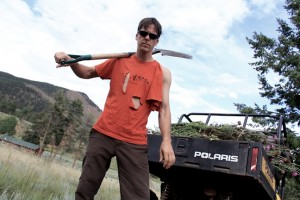Clouds over Sutherland
I stand in the cool breath of an amorphous white world.
Unable to see but a few meters to my front, rear, and sides.
The silver, white domes presents themselves as subtle outlines,
shimmering into and out of view.
Yet, sometimes, it seems, they are solid
and it is I who disappears.








